Table of Contents
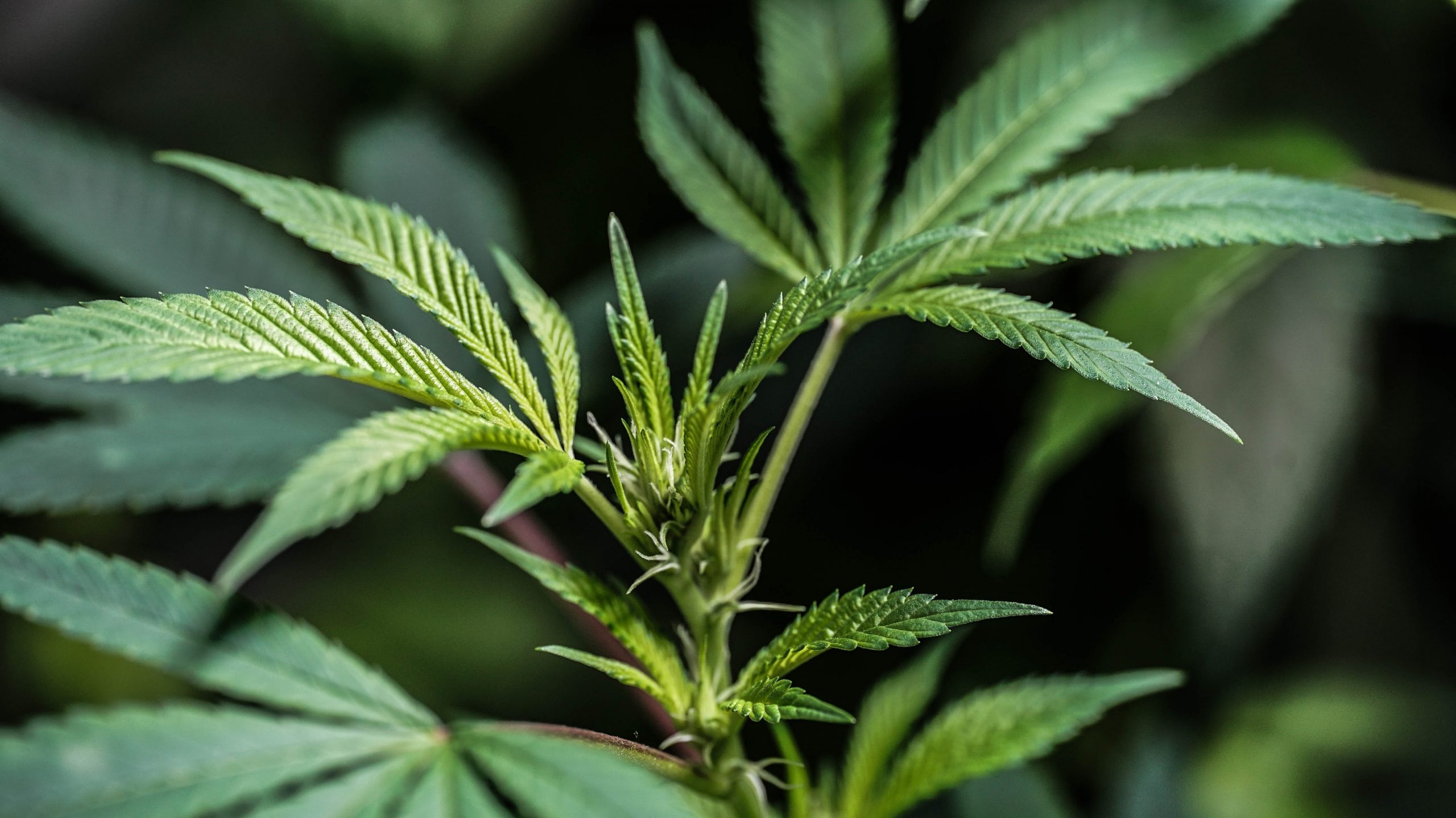
Have you heard about the latest DEA ruling? Are you worried about its impact on growing cannabis? Are you confused about the ruling? Don’t worry—you’re not alone. In this article, we will help you understand the new DEA ruling and how it affects you.
Firstly, cannabis is federally prohibited; this isn’t changing right now.
However, here’s the good news: The Drug Enforcement Administration (DEA) has admitted that cannabis plant seeds are legal and impossible to control—regardless of how much THC might end up in the buds if growers grow these plants.
This declaration from the DEA is significant. Before this, society determined a marijuana product’s legality by whether the grower sourced it from hemp or marijuana. However, the new guidance ends this; as a result, society can determine the lawfulness of tissue culture, other genetic material, and Cannabis Seeds purely on delta-9 THC concentration.
The DEA recently reviewed the federal statute in response to an inquiry from attorney Shane Pennington over marijuana seed’s legality, tissue culture, and “other genetic material” that doesn’t contain over 0.3% THC.
The DEA confirmed that while it used to be the case that Cannabis Seeds were controlled, that’s no longer the case due to the federal legalization of hemp.
The 2018 Farm Bill excluded hemp from the Controlled Substances Act’s (CSA) definition of marijuana. Therefore, all aspects of the plant Cannabis sativa L. are not controlled if they don’t surpass 0.3% THC.
Terrence L. Boos, chief of the DEA’s Drug & Chemical Evaluation Section, wrote: “Accordingly, marijuana seed that has a delta-9-tetrahydrocannabinol concentration of not more than 0.3 percent on a dry weight basis meets the definition of ‘hemp’ and thus is not controlled under the CSA.”
He added: “Conversely, marijuana seed having a delta-9 tetrahydrocannabinol concentration more than 0.3 percent on a dry weight basis is controlled in schedule I under the CSA as marijuana.”
In layman’s terms, because marijuana and hemp contain nominal THC levels that normally wouldn’t exceed the legal threshold, the DEA has noted that people can have Cannabis Seeds regardless of how much THC the plant produces.
However, it remains illegal to use any Cannabis Seeds with the intent of growing still-prohibited cannabis. What’s more, the DEA’s guidance doesn’t address whether the U.S. legal system would prosecute people if their seeds were to exceed the 0.3% THC threshold.
The DEA letter also suggests that other materials that growers extract from the plant—such as tissue culture and any other genetic material that has a delta-9-tetrahydrocannabinol concentration of not more than 0.3 percent—match the definition of hemp. As a result, the CSA doesn’t control them.
However, always remember that despite hemp and Cannabis Seeds containing THC levels that don’t exceed 0.3%, that doesn’t mean they will always fall below the 0.3% threshold. Despite the cannabis laws in your state, remember that it remains federally illegal to grow Cannabis Seeds with the intent of growing marijuana.
In addition, remember that the DEA’s letter is just guidance. It doesn’t have the full effect and force of the law or official DEA regulation.
In an edition of his drugs newsletter, Sean Pennington said: “In my view, the letter is significant because we continue to see the confusion over the source rule—the argument that the legal status of a cannabis product hinges on whether it is ‘sourced’ from marijuana or hemp—influencing legislative proposals even at the federal level.”
“Now that we know that the legality of the ultimate ‘source’ of both hemp and marijuana plants (their seeds) hinges on delta-9 THC concentration alone, reliance on the source rule is much harder to defend.”
“I’m hopeful this will clear up a lot of confusion in this area of law,” he added.
Due to the risk posed by the DEA’s interpretation, the Hemp Industries Association and RE Botanicals, Inc., have challenged the DEA’s authority. Converting raw hemp with less than 0.3% delta-9 THC into consumer products with less than 0.3% delta-9 THC presents a risk. Lawmakers have taken notice.
Nine congressmen sent a letter to the DEA after they announced the interim final rule suggesting they revise the rule. The authors wrote: “Since the Farm Bill legalized hemp along with hemp derivatives, extracts, and cannabinoids, it logically follows that the only viable methods for processing hemp into those derivatives, extracts, and cannabinoids would also be legal.”
In 2022, Rep. Chellie Pingree of Maine started the Hemp Advancement Act of 2022; this clarifies that hemp extracts made during the hemp production process that surpass the 0.3% THC threshold will still be legally considered hemp and therefore banned from the CSA Schedule I listings and DEA control.
So, if the Hemp Industries Association and RE Botanicals fail in their lawsuits, Congress may take action to safeguard hemp growers from DEA enforcement anyway, which is fantastic news for hemp producers.
If you live in a state that doesn’t allow the cultivation of cannabis, you may face criminal charges. Even with a medical marijuana card, your state’s regulations may limit you from home-growing weed.
Penalties for growing weed at home may include jail time, fines, and even property seizure. However, the penalties for growing cannabis at home depend on several factors, such as:
Ensure you check the laws within your state before growing cannabis to avoid any issues. The following states allow citizens to grow limited marijuana for medical usage:
The DEA’s ruling doesn’t change the medical standing of cannabis. However, it does allow Cannabis Seeds to be considered hemp or medical rather than recreational. Overall, it’s good news for the cannabis industry and growers.
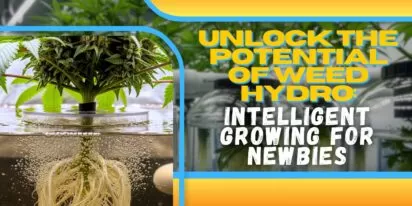
Curious about growing weed in a healthy, effective way? Welcome to the realm of weed hydro! This method uses water instead of soil, delivering n
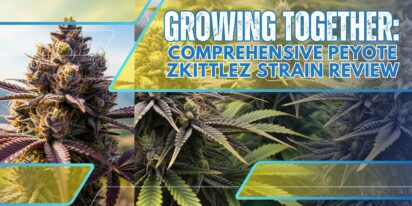
Peyote Zkittlez is a unique cannabis strain that has quickly gained dedicated followers among enthusiasts and patients alike. Its parentage—Zk
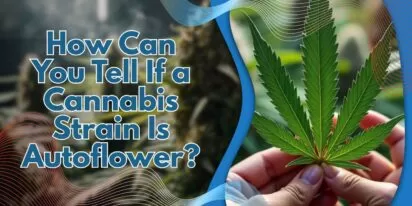
As growers, we want strains that work well, are strong, and are of good quality. Autoflowering cannabis strains are a big step forward for both
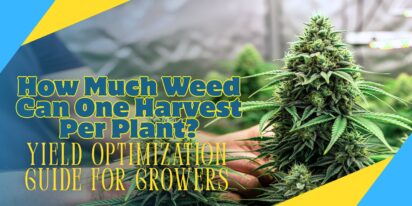
Pot growers always ask the same basic question: How much weed does a weed plant produce? The answer is complex and depends on a multitude of var

Ever had the room spin after a few hits? You're not alone. Figuring out how to prevent getting dizzy high can make your cannabis experience a wh
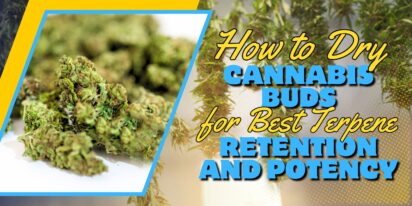
Drying cannabis properly is a critical process in preserving the plant's full aroma and flavor and its psychoactive abilities. Tampering with th

Ever caught yourself a bit too high and all of a sudden in need of being normal? Whether you're heading out for munchies or bumping into someone

Looking for sage advice on how not to get pinched with weed without batting an eye? Attempting to protect your stash from gossipy roommates, sno
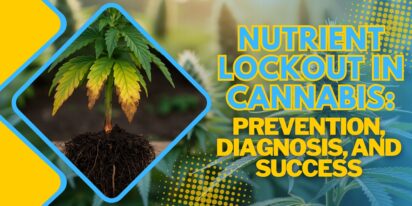
Nutrient lockout, also known as nutrient binding or chemical antagonism, is a significant issue in cannabis cultivation that negatively impacts
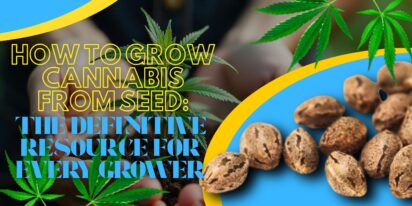
Germination is the most critical initial stage in growing healthy, high-quality cannabis plants. During germination, the dormant seed becomes a
Are You 18 Or Over?
By selecting “Continue”, you confirm that you are at least 18 years of age and legally permitted to access cannabis related content in your region.
By using Rocketseeds.com, you agree to our legal disclaimer.
Excellent blog here Also your website loads up very fast What web host are you using Can I get your affiliate link to your host I wish my web site loaded up as quickly as yours lol
Your writing is not only informative but also incredibly inspiring. You have a knack for sparking curiosity and encouraging critical thinking. Thank you for being such a positive influence!
Simply wish to say your article is as amazing The clearness in your post is just nice and i could assume youre an expert on this subject Well with your permission let me to grab your feed to keep updated with forthcoming post Thanks a million and please carry on the gratifying work
Somebody essentially lend a hand to make significantly articles Id state That is the very first time I frequented your website page and up to now I surprised with the research you made to make this actual submit amazing Wonderful task
Your blog is a beacon of light in the often murky waters of online content. Your thoughtful analysis and insightful commentary never fail to leave a lasting impression. Keep up the amazing work!
Thank you for the auspicious writeup It in fact was a amusement account it Look advanced to more added agreeable from you By the way how could we communicate
Your blog is a constant source of inspiration for me. Your passion for your subject matter shines through in every post, and it’s clear that you genuinely care about making a positive impact on your readers.
Your blog is a constant source of inspiration for me. Your passion for your subject matter is palpable, and it’s clear that you pour your heart and soul into every post. Keep up the incredible work!
Your articles never fail to captivate me. Each one is a testament to your expertise and dedication to your craft. Thank you for sharing your wisdom with the world.
Your blog is a testament to your dedication to your craft. Your commitment to excellence is evident in every aspect of your writing. Thank you for being such a positive influence in the online community.
Your writing has a way of resonating with me on a deep level. I appreciate the honesty and authenticity you bring to every post. Thank you for sharing your journey with us.
Your blog is a true gem in the world of online content. I’m continually impressed by the depth of your research and the clarity of your writing. Thank you for sharing your wisdom with us.
Hi i think that i saw you visited my web site thus i came to Return the favore Im attempting to find things to enhance my siteI suppose its ok to use a few of your ideas
Somebody essentially help to make significantly articles Id state This is the first time I frequented your web page and up to now I surprised with the research you made to make this actual post incredible Fantastic job
Usually I do not read article on blogs however I would like to say that this writeup very compelled me to take a look at and do so Your writing taste has been amazed me Thanks quite nice post
Your blog has quickly become one of my favorites. Your writing is both insightful and thought-provoking, and I always come away from your posts feeling inspired. Keep up the phenomenal work!
Every time I visit your website, I’m greeted with thought-provoking content and impeccable writing. You truly have a gift for articulating complex ideas in a clear and engaging manner.
Hey there You have done a fantastic job I will certainly digg it and personally recommend to my friends Im confident theyll be benefited from this site
I have read some excellent stuff here Definitely value bookmarking for revisiting I wonder how much effort you put to make the sort of excellent informative website
Nice blog here Also your site loads up very fast What host are you using Can I get your affiliate link to your host I wish my site loaded up as quickly as yours lol
What i do not understood is in truth how you are not actually a lot more smartlyliked than you may be now You are very intelligent You realize therefore significantly in the case of this topic produced me individually imagine it from numerous numerous angles Its like men and women dont seem to be fascinated until it is one thing to do with Woman gaga Your own stuffs nice All the time care for it up
Your blog is a beacon of light in the often murky waters of online content. Your thoughtful analysis and insightful commentary never fail to leave a lasting impression. Keep up the amazing work!
Your blog is a breath of fresh air in the often stagnant world of online content. Your thoughtful analysis and insightful commentary never fail to leave a lasting impression. Thank you for sharing your wisdom with us.
Your blog is a beacon of light in the often murky waters of online content. Your thoughtful analysis and insightful commentary never fail to leave a lasting impression. Keep up the amazing work!
Usually I do not read article on blogs however I would like to say that this writeup very compelled me to take a look at and do it Your writing style has been amazed me Thank you very nice article
Your writing has a way of resonating with me on a deep level. I appreciate the honesty and authenticity you bring to every post. Thank you for sharing your journey with us.
This hydroponics guide is quite the buzz, seriously! Who knew growing weed without dirt could be so complicated yet potentially rewarding? The breakdown of systems like DWC and NFT is helpful, though I suspect my cat might confuse the air pump for a toy. The idea of cleaner buds is tempting, especially since explaining hydro weed to my non-growing friends might get messy. And the bit about potential dizziness from hydro weed? Perfect, now I have an excuse for why I always stumble a bit after a grow session. Still, the promise of faster grows and higher yields is hard to ignore, even if it means more trips to the pH meter than to the coffee shop. Overall, a cultivating read for the curious grower!